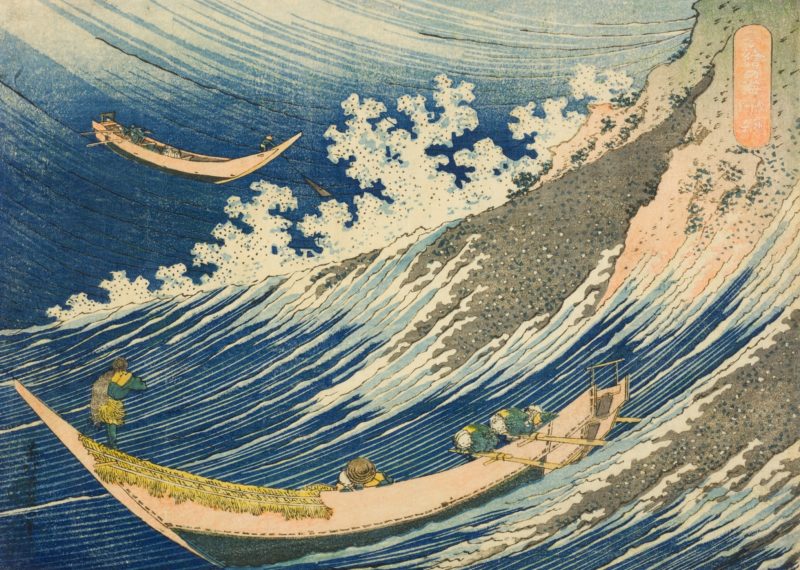Some 40 percent of all people on Earth live within 60 miles of the coast. That statistic, perhaps more than any other fact or figure, testifies to how much human civilization depends on the ocean. It is a source of food and fuel, and a means of travel. Many of the world’s largest cities—New York, Shanghai, London, Mumbai—were built near the sea to facilitate trade and commerce. In addition to its material gifts, the ocean inspires awe and offers pleasure, which is one reason why coastal property is so expensive, and why so many of the world’s top tourist destinations—Bali, Antalya, Mallorca—lie on the coast.
In the age of climate change, the ocean serves another vital function: it helps to keep rising temperatures in check. The ocean takes up around 30 percent of all carbon pollution from burning coal, oil and gas. And though much of the remaining carbon pollution accumulates in the atmosphere, warming the planet, the ocean absorbs around 90 percent of the excess heat.
In short, the seas are bearing the brunt of climate change—and not without a little bruising. Carbon pollution is turning ocean waters more acidic, imperiling shellfish, while surplus heat is killing coral reefs. Because water expands as it grows warmer, hotter temperatures are fueling sea level rise, which is further helped by the melting of the polar ice caps. Humans, in turn, are feeling the impact.
That brings us to our latest issue: our changing relationship to the ocean.
We show how rising seas are changing the Georgia coastline, and explore how California is struggling to protect seaside homes while also preserving its beaches. We report on a new imaging technology that will help scientists find ailing coral reefs and take steps to revive them. And we investigate how humans are turning to the ocean, once again, to protect against climate change, building a costly desalination plant in Southern California that experts say will inflict needless harm on marine life.
The oceans made possible the rise of modern civilization, and they may yet prevent its downfall. But humans must learn to live with seas that are both more violent and more vulnerable.
“The sea is a desert of waves, a wilderness of water.”
Langston Hughes


